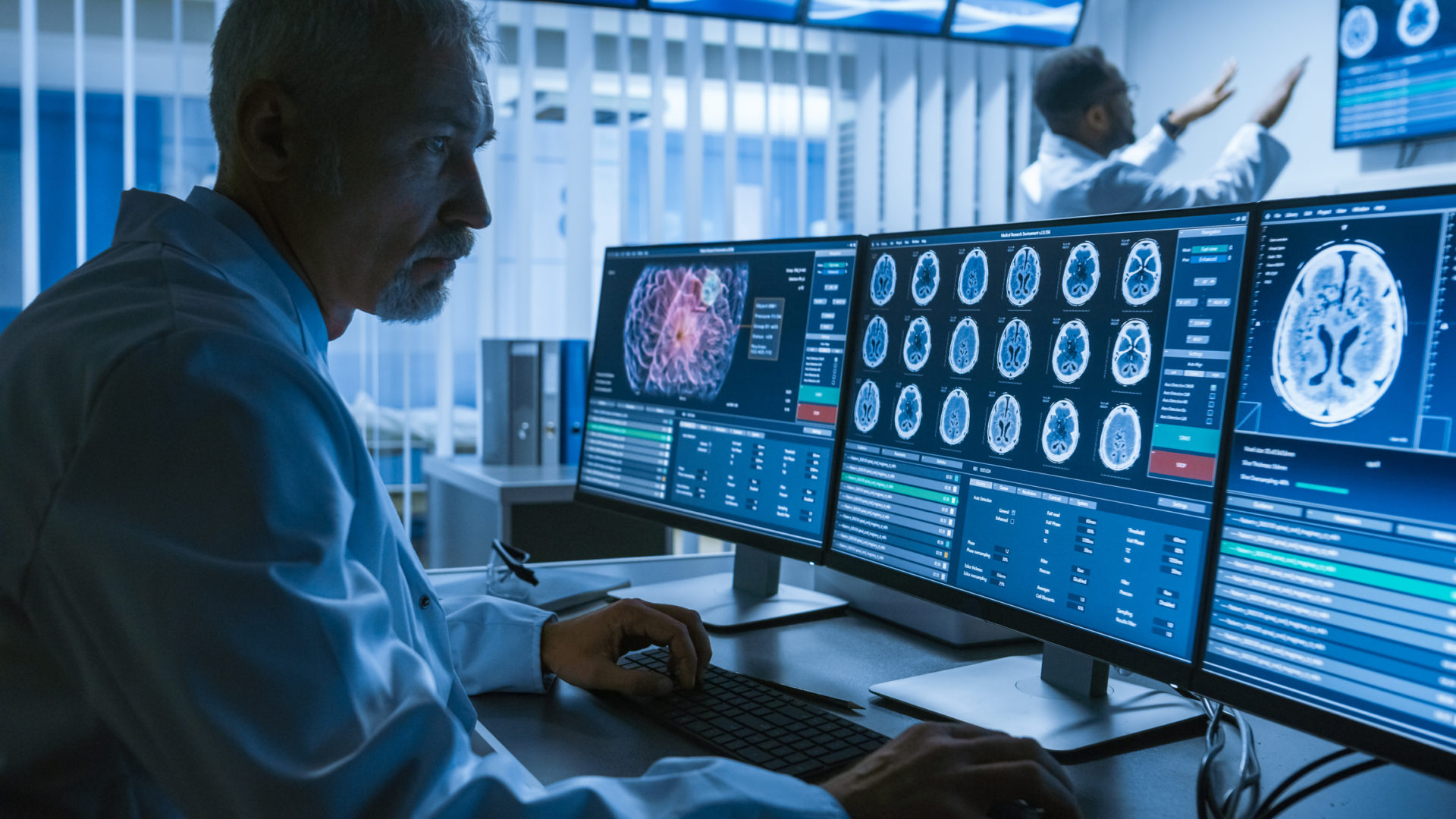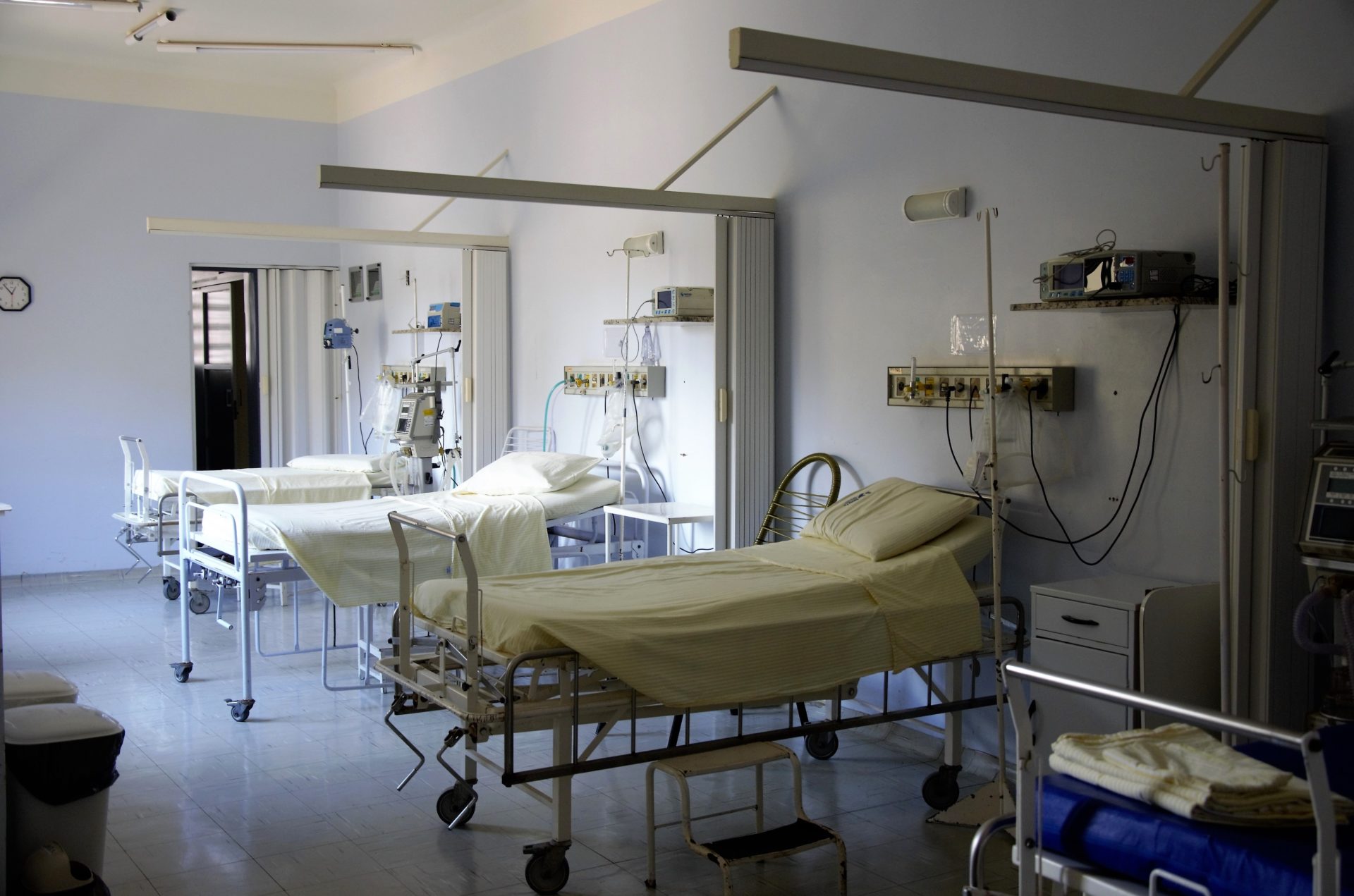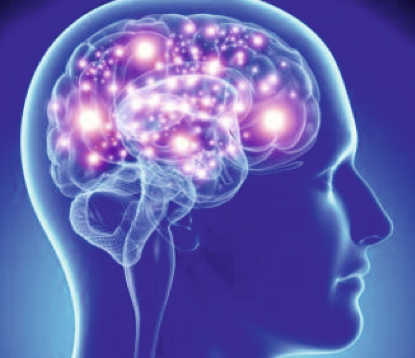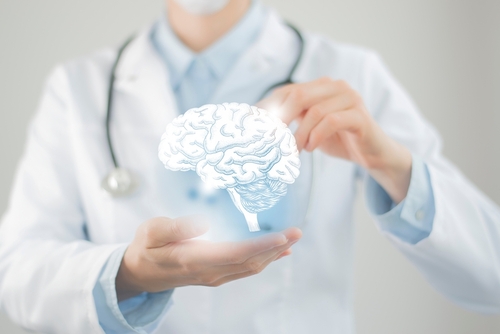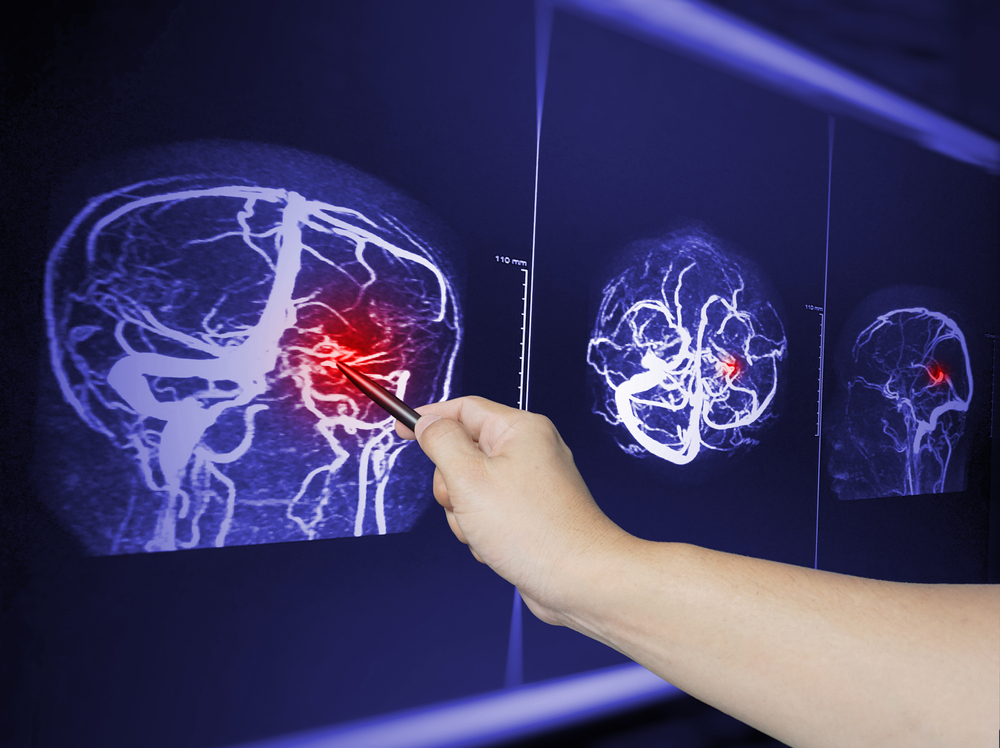In a meta-analysis, investigators considered data from recent randomized trials on either repetitive transcranial magnetic stimulation (rTMS) or transcranial direct current stimulation (tDCS) versus placebo for treatment of medication-resistant auditory verbal hallucinations in patients with schizophrenia. The study, published in the Journal of Psychiatric Research, could not conclusively determine that either rTMS or tDCS were effective in treating these hallucinations.
While the study, led by Liv Liebach Guttesen, and colleagues, found that, “the interventions appear safe and may have beneficial effects on other outcomes,” it concluded that “larger RCTs of a higher quality should be conducted before tDCS and possible neuronavigated rTMS can be implemented as a treatment modality for refractory auditory hallucinations.”
A total of 12 tDCS and 27 rTMS studies, comprising 465 and 960 patients, respectively, were included in the meta-analysis using predefined selection criteria. Study quality was assessed with the Cochrane Risk of Bias Tool for Randomized Controlled Trials.
Ultimately, no significant effects of tDCS (-0.23 [-0.49, 0.02], p = 0.08) or rTMS (-0.19 [-0.50, 0,11], p = 0.21) were observed in treatment of refractory auditory verbal hallucinations, compared to placebo.
The researchers did cite limitations in the study, including that relevant trials may have been missed in their search and that the search was limited to the PubMed database, among others.
Though the authors did not find a benefit in tDCS or rTMS for treating refractory auditory hallucinations in patients with schizophrenia, they posited that noninvasive neurostimulation treatment methods should not be rejected yet, noting that, “we cannot recommend against noninvasive neuromodulation for inpatients suffering from severe chronic illness, and medication-resistant auditory verbal hallucinations, as there are no reports of worsened auditory hallucinations after stimulation.”
Source: Journal of Psychiatric Research

